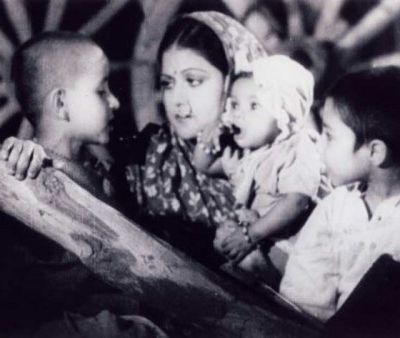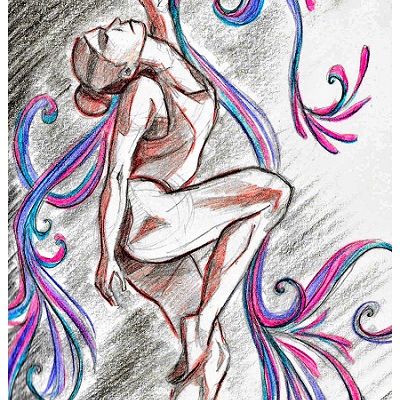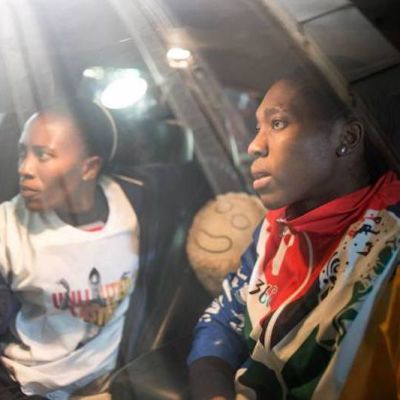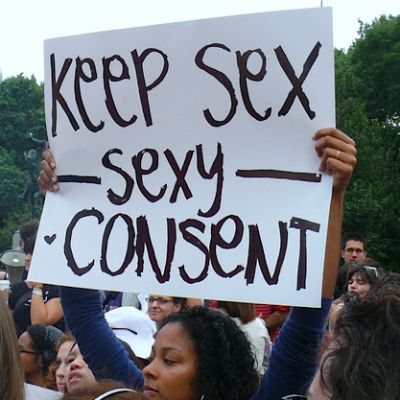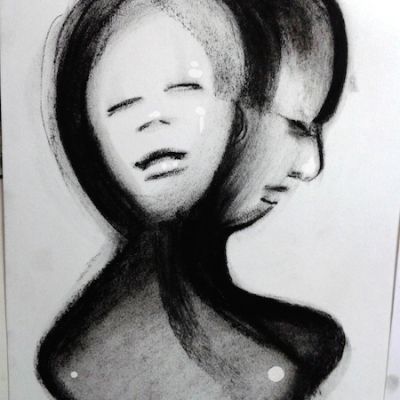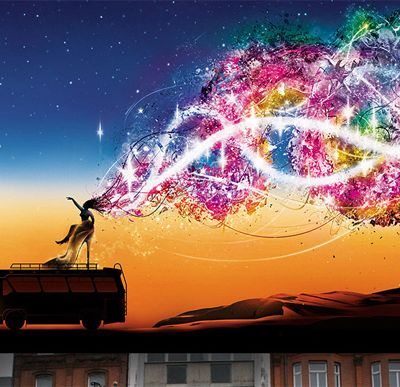Categories
I met Lamai[1] at a spa in Bangkok. She was eager to talk, and told me about her village eight…
Sexual fantasies allow us to conjure up worlds that we want to play with, but in reality, we may not really want. A fantasy is different from a wish. So people may have sexual fantasies about things that they may never act out – like having sex in front of a multitude of onlookers, or with a zebra, or a famous film star or the neighbour next door. And it’s all safe.
Diversity, I think, can be a deceptive word. On the surface it carries the promise of plurality and multiple possibilities. Yet, it is deployed in ways that simply reinscribe normative two-gender stereotypes and heteronormativity.
When colours spill across, when a little bit of the red house-paint spills into the blue sky, or the brown door seems to meld in with the green grass, we see ‘errors’ that must be corrected in another attempt to preserve the perfect order of that emergent world.
The notion of censorship of cinema has been highly debated, the repercussions of which have been evidenced in film form as well as spectatorship practices – censorship has defined our relationship with cinema, both in the making and the viewing of it.
In an ideal world, this article would read at Tweet-length: “Enthusiastic sexual consent is sexy, and necessary for negotiating unequal…
This is not a cautionary fable about censorship and its excesses, but an exploratory essay on body image, using breasts as a starting point.
Accessibility begins with access, enabled or denied, to concepts and ideas. At the core, beyond the architecture of the real and virtual worlds, it is about the architecture of the ways in which this access is broadened, to not only accommodate, but to nurture, the myriad expressions of human minds and bodies.
Why are certain privileges only afforded to couples? Why can we not share them with others outside of a romantic or sexual paradigm? Why is intimacy seen as being the purview of lovers? In actual fact, we may often share a greater intimacy with our friends than we do with our lovers.
Travel and sexuality throws up different thoughts and feelings for us all. For me, it threw up the term travelling sexuality. I like it. Travelling sexuality. It sounds exotic or intellectual, adventurous, dangerous, depending on who you are and how you live life. A travelling sexuality could describe the way we evolve as sexual beings, shifting and changing identities.
There is a deep connect between travel and sexuality that is internalized at gut level. From birth perhaps. Across cultures. The two are almost metaphors for each other, twins, borrowing words from the lexicon of the other, entwining identity.
Any desire, not necessarily or narrowly sexual, but perhaps related to sexuality, such as independence, equality, gender role-bending, controlling your own finances, eating the food you’d like to eat as opposed to the food your spouse desires, wearing the clothes you’d like to wear, birth control, choosing to have or not to have children … any of these desires would have only that importance that the individual concerned is able to apportion to it.
There are different narratives where lie hidden worlds of codified feelings, justifications, a reason to buy or not buy into injustice, or othering.
Expanding contexts give the word ‘movement’ different meanings and value. Physical, conceptual, technological, relationship, emotional, mental, power, knowledge, ability, access, may be amongst the contexts immediately identified.
In a patriarchal society, masculinities manifest or show-up as a very particular set of behaviours such as being controlling and dominating, often in violent ways. In fact, the root of masculinities in a patriarchal society emphasises practicing this violence and control.

